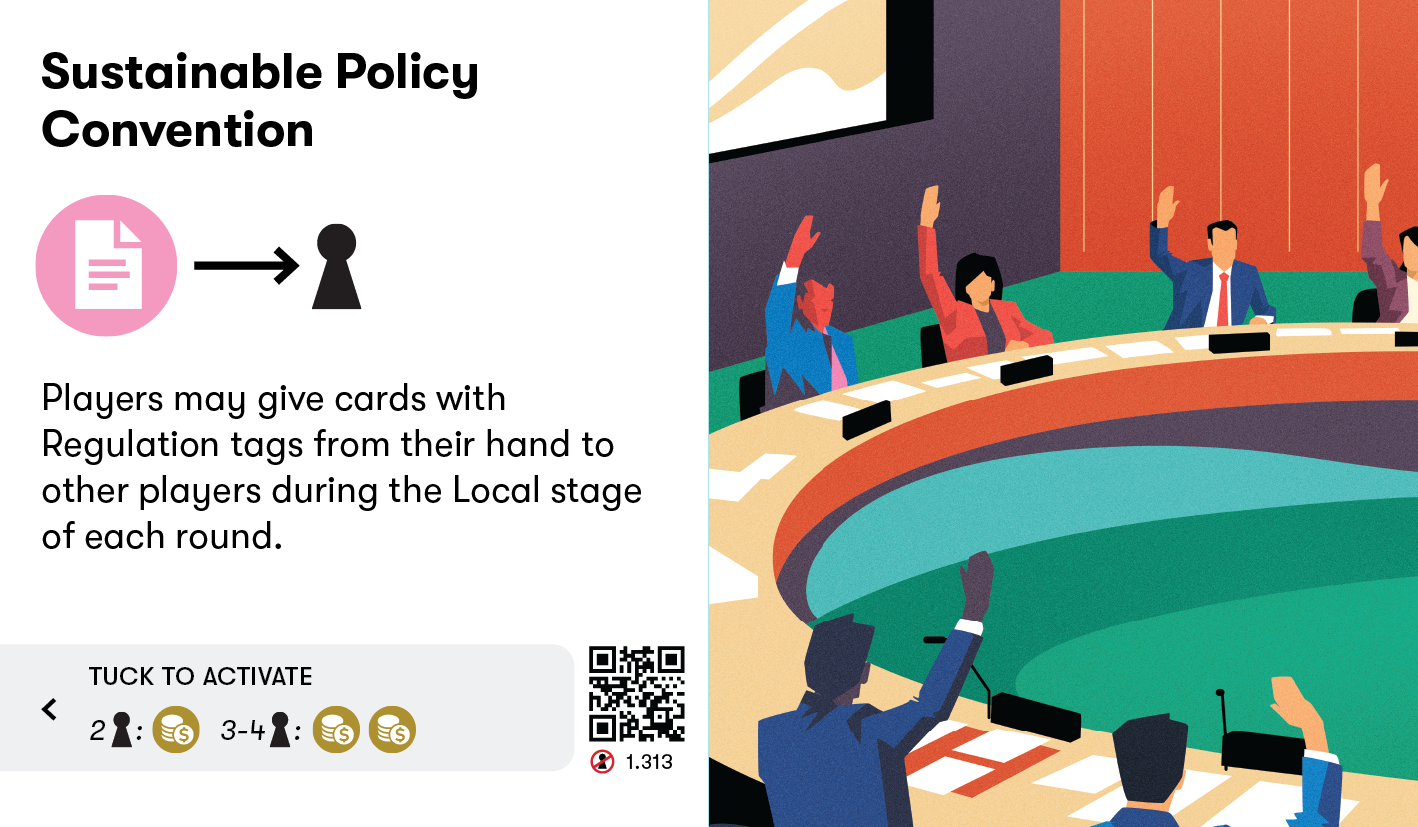Sustainable Policy Convention
Global Project
Global sustainable policy conventions are international meetings where country representatives, including government officials, academic experts, and non-profit organizations, come together to discuss and negotiate responses to the world's most pressing environmental challenges.
The most well-known of these conventions is the annual United Nations Climate Change Conference (COP), which brings together global representatives to discuss the climate emergency and related issues. The 2015 COP21 was where 192 countries came together and agreed on the Paris Agreement, which committed countries to limiting global warming to well below 2 degrees Celsius.
These conventions provide a space for countries and stakeholders to work together, share expertise, and set targets for reducing greenhouse gas emissions, conserving wildlife, and more. When successful, they can lead countries to adopt new agreements, like the Paris Agreement, that have significant influence on climate laws and regulations worldwide.
When these conventions lack focus or spend too much time in discussions that lead nowhere, they can end up with nothing to show for the effort, which then raises concerns about their effectiveness. They also often don’t result in legally binding decisions or agreements. They are also often dominated by powerful Western countries at the expense of representatives from the Global Majority or marginalized communities. Many lobbyists also gain access to these conventions, distorting outcomes for their own ends.
To activate this Global Project, players need to tuck Local Project cards from their hands under this card. The requirement is 1 Incentive tag in a Solo or 2-player game, or 2 Incentive tags in a 3-player or 4-player game.
Once active: Players may give cards with Regulation tags from their hand to other players during the Local stage of each round.

Engage with your community to raise awareness about the climate emergency and advocate for evidence-based, community-oriented policies.
Set ambitious sustainability goals for your business based on industry best practice, develop actions to achieve them and track your progress towards those goals.
Encourage your elected officials to attend and actively participate in sustainable policy conventions at the regional, national, and international level.